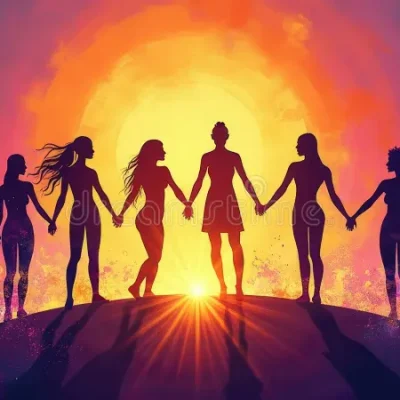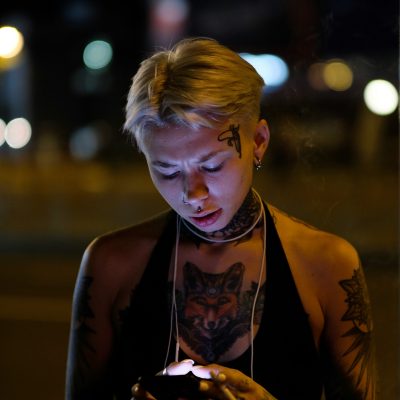The link between book restrictions and sex education
Authors are our voices, our story tellers. And when we take away their voices it makes our world far more bland, and far less understanding and connected. Book bans do exactly that: they take away the voices of authors. In “Why is the US banning children’s books?” American Library Association (ALA) president Lessa Kanani’opua Pelayo-Lozada told BBC author Jane Ciabattari that “ultimately, attempts to ban books are attempts to silence authors who have summoned immense courage in telling their stories.” This is clearly a big deal. We cannot ever let authors lose their voices. Because of them, our own voices and the voices of smaller communities than us, are heard.
In recent years book bans have become more and more frequent. I think most of us can agree this is a problem, but we also must realize that book bans are pretty much being used to control the education of children. Controlling the education of children through politics is not and never will be a good idea.
For example let’s talk about sexual education. Some students aren’t even taught sexual education. Alex McKay, the executive director of the Sex Information and Education Council of Canada (SIECCAN), told Global News author Laura Hensley: “when a child misses out on sexual health education, they are put at an increased risk for sexually transmitted infections (STIs) and unplanned pregnancies, among other things.” Already, this shows us that limiting children’s education on certain topics is a bad idea. Even when schools do teach their children about such topics they may not go as in-depth as they should.
All of this ties back to the rights that youth have. Should students be denied education in certain subjects in schools? Should schools and teachers be forced to tell a student’s parents what their sexual identity and sexual preferences are? I don’t think they should. Students and youth need to be allowed to learn what they want. As I said earlier, it lets them aspire to do what they feel like doing. If we force students and youth into a certain frame of thought or down a forced career path it will only end with them not feeling accomplished. However, parents should be notified if their children reveal something that can cause harm to them or others.
You see there are three types of sexual education: abstinence-only education, abstinence-“plus” education, and comprehensive sex education. Abstinence-only education only teaches students not to have sexual intercourse while they are not adults. Abstinence-“plus” education talks about contraception and condoms but still heavily emphasizes abstinence. Comprehensive sex education teaches students about everything that they should be taught in sexual education from abstinence to condoms and ways to reduce unwanted pregnancy and STDs.
According to the KFF article Abstinence Education Programs: Definition, Funding, and Impact on Teen Sexual Behavior, people assume or hope that teaching abstinence to youth would tend to reduce the amount of partners they have, “leading to a reduction in rates of teen pregnancy and STIs.” However, the study notes, there is “no strong body of evidence to support that abstinence-only programs have [reducing] effects on the sexual behavior of youth” and that abstinence-only education might even negatively impact “pregnancy and birth rates.”
So students whose sex-ed is censored by abstinence instead of everything that they should be learning might end up having less partners, but it doesn’t actually teach the students how to protect themselves from STDs, STIs, or unwanted pregnancy.
Most of the time when people argue for a book ban, they say that they are doing it because the book or books contain offensive or inappropriate material. Most of the time this offensive or inappropriate material tends to be about race, sexual identity, and gender identity. These are all important things that kids and teens should be allowed to learn about.
As New York Times journalists Elizabeth A. Harris and Alexandra Alter
wrote for their article on Why Book Ban Efforts Are Spreading Across the U.S.: “others say prohibiting these titles altogether violates the rights of other parents and the rights of children who believe access to these books is important.” Children shouldn’t be stopped from learning about the topics that they are interested in. Giving them the freedom to learn what they want and follow what their heart desires is how we make sure they can go down a path that will make them happy and proud in the future, along with us.
I believe that book bans simply shouldn’t be allowed or should at least have far more limitations. I still don’t think book bans should ever be allowed in libraries, as they are supposed to be places where people can go to learn new concepts, dive into other worlds, and connect with the thoughts and views of others. Book bans won’t let us do that.









